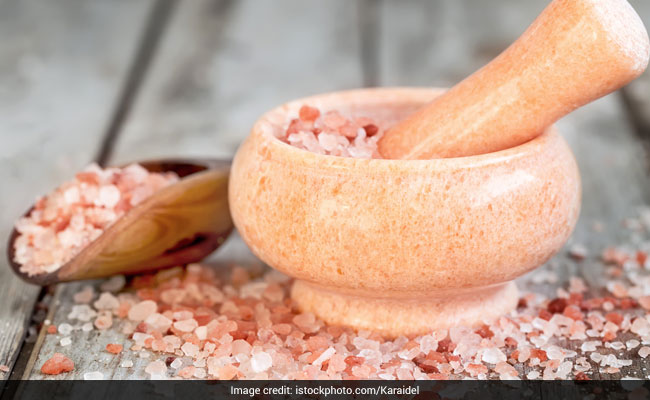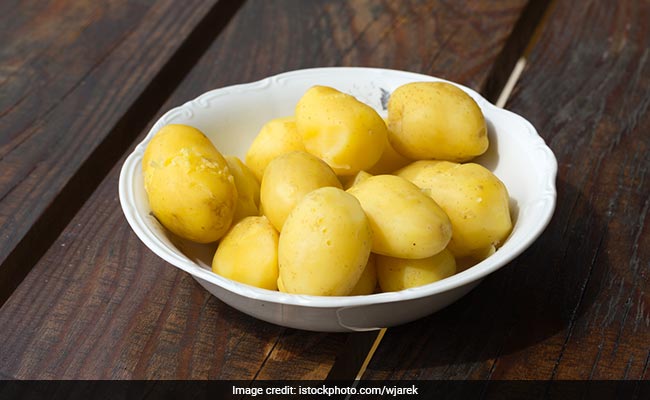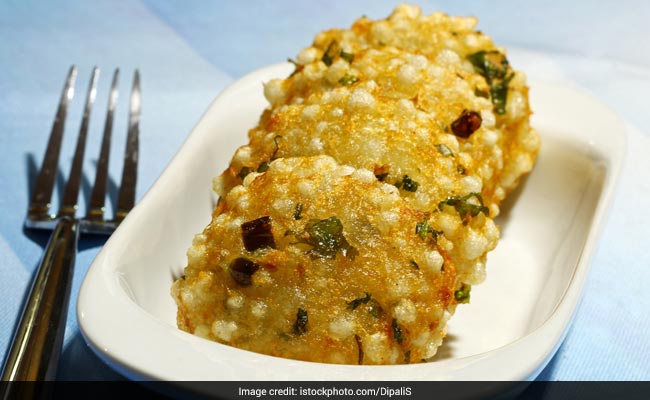
Navratri is here and the festive spirit around is way too palpable to miss. This year, the Chaitra Navratri 2018 would go on till 25th March 2018. Navratri literally translates to 'nine nights' in Hindi and Sanskrit. This period of nine days is very significant for Hindus. Devotees worship nine avatars of Goddess Durga and try to please their beloved deity to take shelters in their homes. A variety of offerings in terms of flowers, fruits and food is given to the Goddess. Some of the devotees also observe ritualistic Navratri fasts or vrat to seek the goddess' divine blessings. There are 4 Navratris in an year, out of which only Chaitra Navratri and Sharad Navratri are celebrated widely. The idea of fasting dates back to ancient times; apart from the religious reasons, the fasting was primarily done to detox and keep the body light during the major seasonal change. Both Chaitra Navratri and Sharad Navratri fall on the cusp of spring/summer and autumn/winter. During this major season change, your immunity tends to takes a dip. It is best to resort to light and clean eating at this point of time.
With Navratri, come the festive special foods too. Here are 5 Navratri favourites and their health benefits which will make you stock them up for the fasting season too.
1. Kuttu or Buckwheat
Those who have been observing the ritualistic fasts must be aware that the regular maida(all purpose flour) or atta (wheat flour) is prohibited for consumption during Navratri fasting. Kuttu ka atta or buckwheat flour is a favourite amongst those who observe the vrat. Buckwheat contains most essential amino acids, making it a good quality protein source. It is rich in arginine and lysine, amino acids that are generally deficient in most cereal grains. Buckwheat has high fibre content which is good for cholesterol levels and also keeps satiated for long. Buckwheat is also rich in various minerals such as phosphorous, selenium, zinc, copper and potassium.
2. Sendha Namak
As you bid good bye to your regular table salt for Navratri fasting, here's something you must know about that 'vrat wala namak'. Turns out, that it is much more than just a vrat alternative to your regular salt. Sendha namak or rock salt is packed with innumerable health benefits. Sendha namak is a highly crystalline salt. It is made by evaporating sea water and does not contain high amounts of sodium chloride. According to 'The Complete Book of Ayurvedic Home Remedies' by Dr. Vasant Lad, "Rock salt improves digestion and is a natural way to relieve stomach pain. You can add a few crystals of rock salt and fresh mint leaves to a glass of lassi and reap the benefits. Bangalore based nutritionist Dr. Anju Sood says, "Rock salt can also be used to cure stomach infections, and aids in deworming as well". Rock salt also fastens body's metabolism, stabilizes blood pressure (due to its decent potassium content), exfoliates skin and aids weight loss.

Chaitra Navratri 2018: Sendha namak is a highly crystalline salt.
3. Jeera or CuminNot many spices are permissible to consume during the fasting. The idea of Navratri fasting is to eat light and detox your body of all the junk and toxins. During season change, it is highly recommended to eat light and stay away from very greasy and spicy food. Jeera or cumin is one spice that is not so heavy on the stomach and also helps keep your tummy healthy. Jeera helps digestion, prevents bloating and abdominal pain. Jeera is an excellent source of iron and dietary fibre. Jeera can also do wonders for your immunity system.
4. Potato
For the longest time, potatoes have been seen in a rather poor light in the health and fitness circuit. But not most of it is true. Potato, if cooked well can be quite a healthy veggie too. Navratri is the best time to experiment with the ever-so-delicious veggie. Ditch fried potato chips and make way for the soothing aloo kadhi, aloo halwa, low-fat aloo cutlets. Potatoes are an excellent source of vitamin C, Potassium, fibre, B vitamins copper, tryptophan, manganese and even lutein. It also helps curb inflammation in the body and boost immunity.

Navratri 2018: Potato, if cooked well can be quite a healthy veggie too
5. Sabudana
Sabudana or tapioca pearls is one Navratri staple you are going to see in so many forms around the festive season. From sabudana papad, sabudana kheer, sabudana khichdi to sabudana vada, sabudana's versatility in Indian cuisine is worth appreciation. The superfood is packed with various antioxidants and minerals like calcium, iron and vitamin K. Tapioca pearls is also loaded with healthy carbs and fibre and should be a part of your daily diet.

Navratri 2018: The superfood is packed with various antioxidants and minerals like calcium and iron
Here's wishing all of you a very Happy Navratri 2018!
Track Latest News Live on NDTV.com and get news updates from India and around the world

